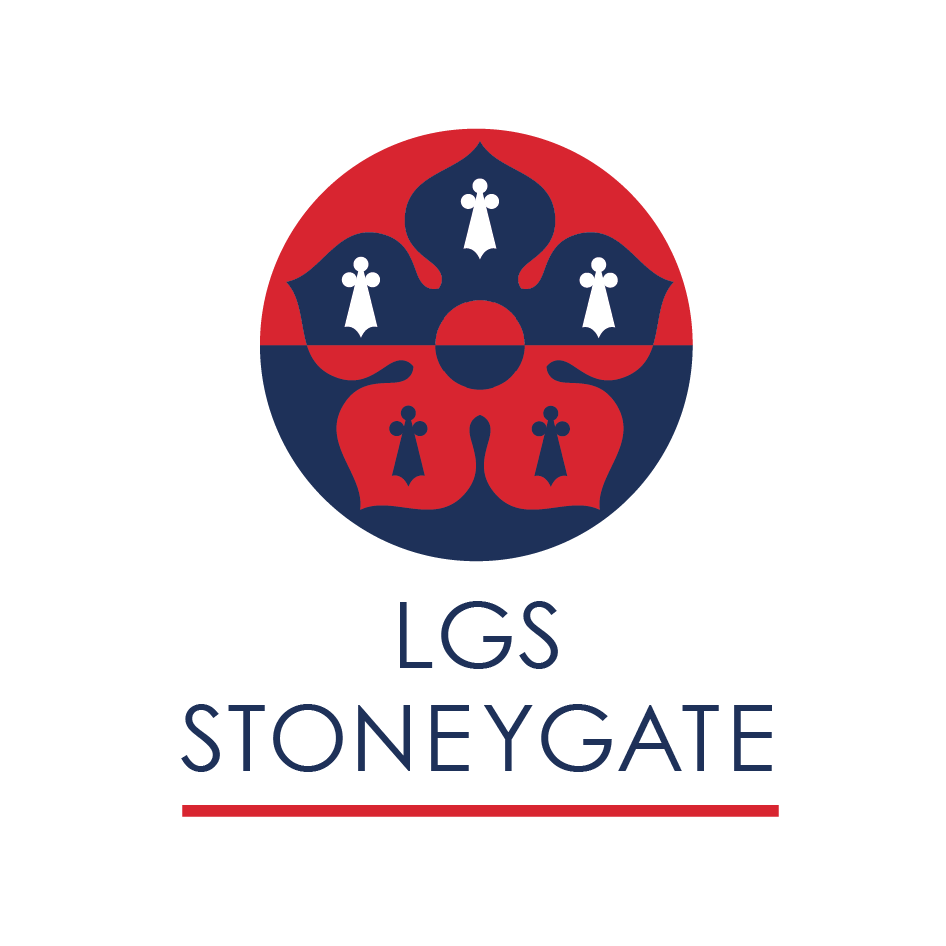We're all in this together

I often think that a school is a bit ‘soulless’ during the holiday, as it is the people, especially our pupils, who lend it life! So, what a joy it has been to see so many smiling faces and to experience the buzz and excitement of renewed activity over the last week.
The teaching staff were in school for training days before term began, and we spent some time considering our values and aims as a school, as well as reviewing feedback and looking to the future. The success and happiness of our school resides in the quality of relationships, so I also shared some thoughts on the importance of the pupil-teacher-parent triangle. I quoted a former Archbishop of Canterbury, William Temple:
“The most influential of all educational factors is the conversation in a child’s home.”
He wrote that in the first half of the twentieth century, and we know that society has changed hugely since then. It is sometimes far from easy for us as parents to engage our teenage children in meaningful dialogue and there are many more distractions (not least those addictive small screens) to occupy them! However, the unspoken example of role-modelling, both at home and in school, often speaks louder than words, and we should not underestimate the influence of our actions and our attitudes on our young people. And those actions and attitudes are shaped by our values. Our educational partnership is therefore very precious, and I would hope that, in the vast majority of cases, both home and school are pulling together and heading in the same direction – all in the best interests of our children.
I also quoted a French author, Ernest Dimnet, who wrote:
“Children have to be educated, but they also have to be left to educate themselves.”
This is the bit that, as parents and teachers, we’re not quite so good at! In our desire to ensure that our children are happy and successful, we are sometimes too eager to rescue them or to give them the answers they crave. Part of their growing up into young adulthood is that we allow them to learn from mistakes and failure (albeit not when the stakes are too high!) and that they develop the independence of thought and the moral compass to make the appropriate choices in life – as we shan’t forever be able to make those decisions for them.
A final and powerful extract from a letter, which we read when considering our aims as educators:
“Dear Teacher,
I am the survivor of a concentration camp. My eyes saw what no person should witness: gas chambers built by learned engineers; children poisoned by educated physicians; infants killed by trained nurses; women and babies shot and burned by high school and college graduates. So, I am suspicious of education.
My request is: Help your students become human. Your efforts must never produce learned monsters, skilled psychopaths, educated Eichmanns. Reading, writing and arithmetic are important only if they serve to make our children more humane.
Your Principal”
(From Teacher and Child, Haim Ginott)
Best wishes
John Watson

Headmaster and Principal




